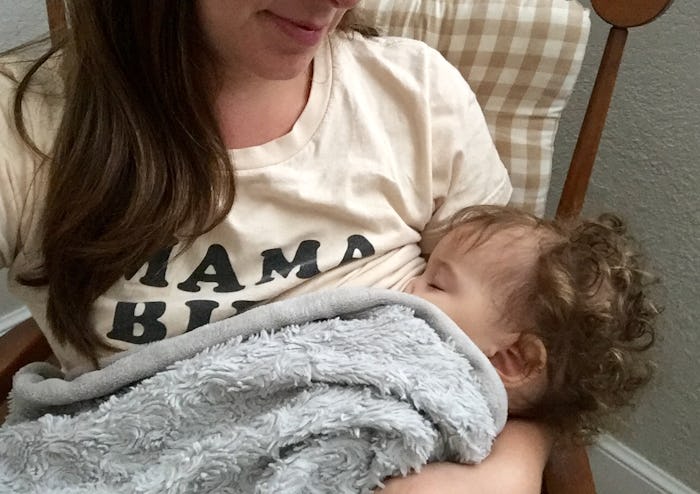Life

How Does Breastfeeding Affect Osteoporosis?
It is important for all women to get a sufficient amounts of calcium and vitamin D, especially when they are pregnant and nursing. Pregnant mothers who don't get enough calcium in their diet may lose some bone density, because the body must pull calcium from her bones for the developing baby. The same is true for nursing mothers. But, how does breastfeeding affect osteoporosis in your future?
According to the National Osteoporosis Foundation (NOF), osteoporosis is a bone disease that occurs when the body loses too much bone, makes too little bone, or both. Because the NOF estimated that one in two women over the age of 50 will break a bone due to osteoporosis, it's critical to start worrying about your bone health now.
The National Institute of Arthritis and Musculoskeletal and Skin Diseases (NIAMS) reported that nursing mothers lose three to five percent of their bone mass due to their infant’s increased need for calcium, which is drawn from the mother’s bones. Another issue is the fact that breastfeeding mothers produce less estrogen, which is the hormone that helps protect your bones. Additionally, Fit Pregnancy noted that a Swedish study from the University of Gothenburg found that a longer duration of lactation was associated with larger decreases in bone minerals.In other words, the longer you breastfeed, the more bone mass you lose.
Does this mean that breastfeeding puts you at risk for osteoporosis? Studies say, No.
According to UNICEF, a research study of both lactating and non-lactating postpartum women found that while the lactating women had increased bone loss during lactation, after weaning, the women regained their bone mass. Another study reported by UNICEF found that women who breastfeed actually increase bone mass above their baseline level after weaning.
Moms who wish to breastfeed should do so confidently knowing that they will recover their bone loss upon weaning. To keep your bones healthy in the meantime, talk to your doctor about any calcium and vitamin D supplements you can take while breastfeeding.